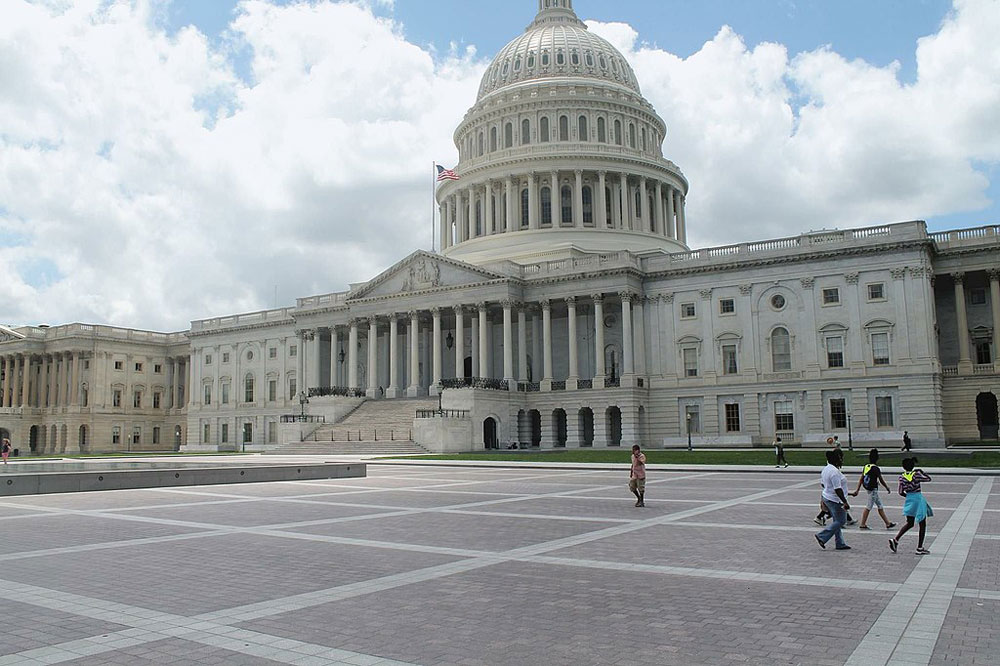March 21, 2015; Pittsburgh Tribune-Review
After the announcement last week that Blue Shield of California has had its tax-exempt status revoked, other so-called nonprofit insurers in other states may wonder how long it will be before they are called to account in the same way. NPQ has long covered the issues involved: overly large reserves and sky-high salaries for executives (and sometimes even trustees) combined with double-digit rate increases. These, argue many, are not the signs of a real nonprofit, whose first thought should be the beneficiary.
Blue Shield of California had a $4.4 billion surplus at 2014’s end, which, according to the Los Angeles Times, is four times the amount that Blue Cross and Blue Shield Association insurers are required to have on hand to pay future claims. This op-ed calls out Highmark Health of Pittsburgh, which recently sought double-digit rate hikes for individual policy holders, paid six executives $1 million-plus, recently laid off hundreds of workers, and has reserves of about $4 billion.
Sign up for our free newsletters
Subscribe to NPQ's newsletters to have our top stories delivered directly to your inbox.
By signing up, you agree to our privacy policy and terms of use, and to receive messages from NPQ and our partners.
NPQ previously covered a suit brought against Highmark and some legislative concerns about the field of nonprofit insurers more generally. As far back as 2011, legislators were calling on nonprofit health insurers to put the health of the community before their own corporate agendas. I wrote then,
“In particular, the lawmakers appear to be upset with the fact that Highmark Blue Cross Blue Shield has built up more than $3.9 billion in surplus while raising rates and ‘empire building.’ In fact, the company is currently requesting a rate increase for ‘Special Care’ health insurance, described here as ‘the policy of last resort for low-income Pennsylvanians since the state cut off its low-cost adultBasic coverage in February. The hike would cost roughly $150 a year more for those who already are hanging on by their fingernails.’
“There is a lot more to this story, just as there is to all of the stories about nonprofit health insurers unfolding across the country, and involving as they do unsupportable levels of reserves, high compensation packages for execs and boards and rate increases that far exceed the rate of inflation. This article’s author is pretty up front in her conclusions: ‘Somehow, the stalemate has to be broken. When lawmakers hold their hearings to look for “legislative solutions,” here’s one that should be on the table: If these companies cannot act in good faith and the public interest, they should be stripped of their nonprofit status and start paying taxes like the other profit-making corporations in this town. That would get their attention.’”
—Ruth McCambridge












